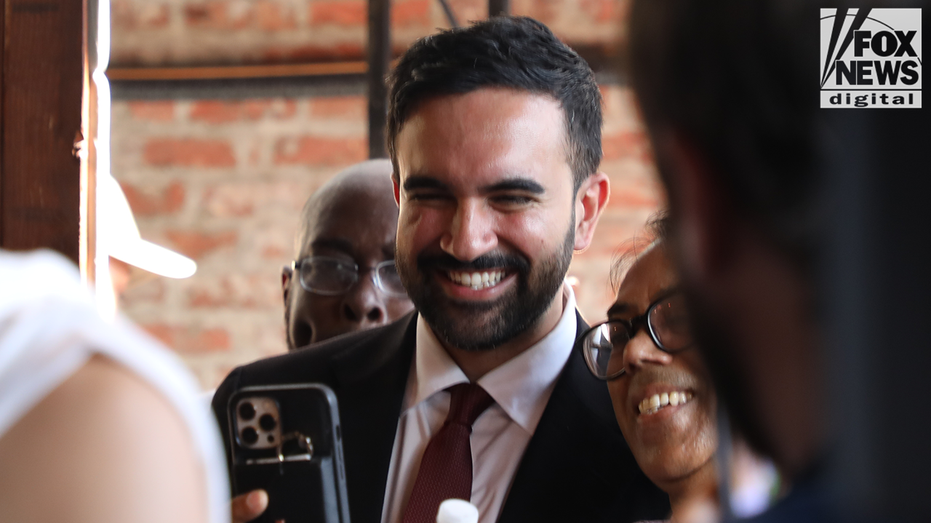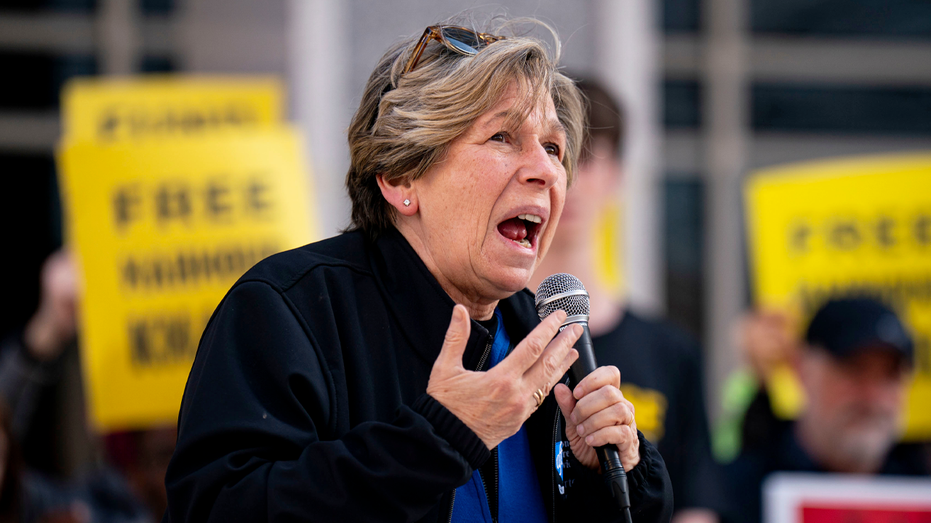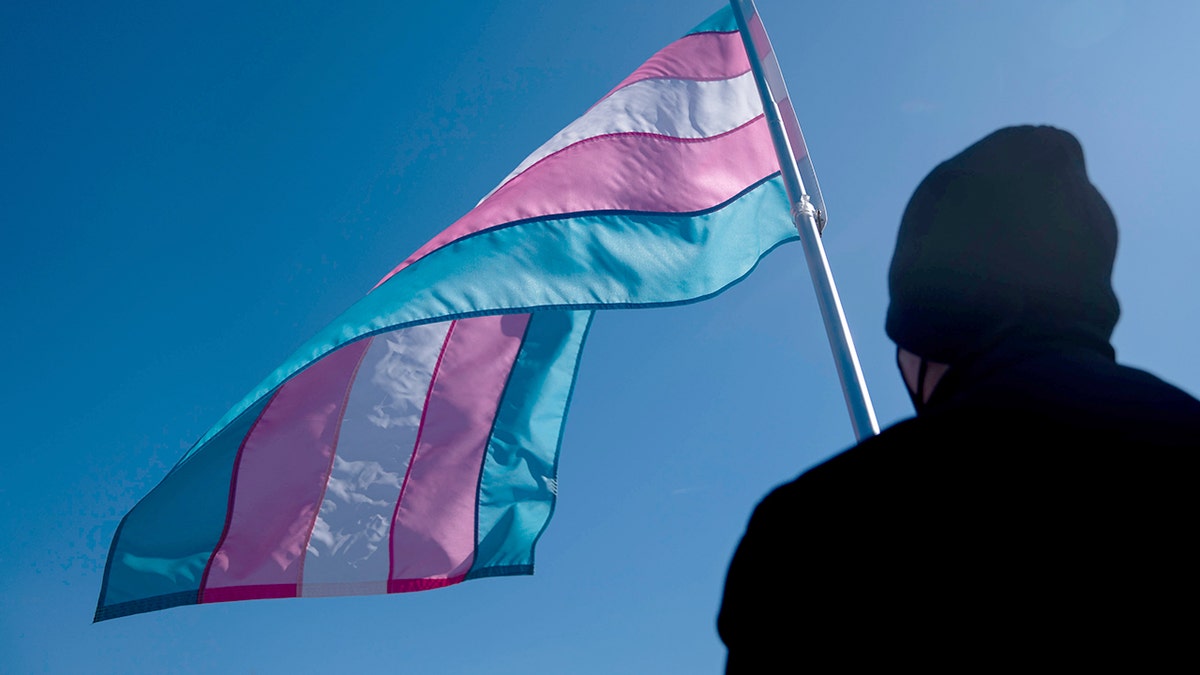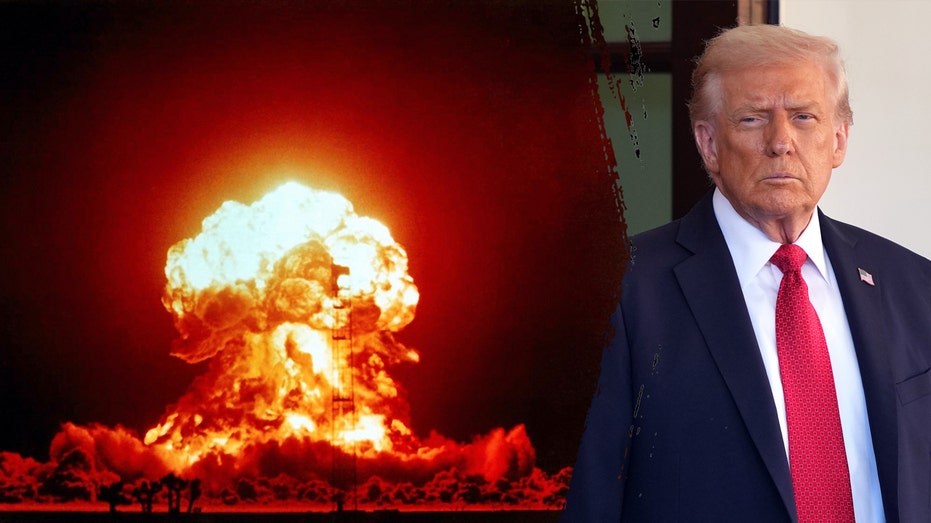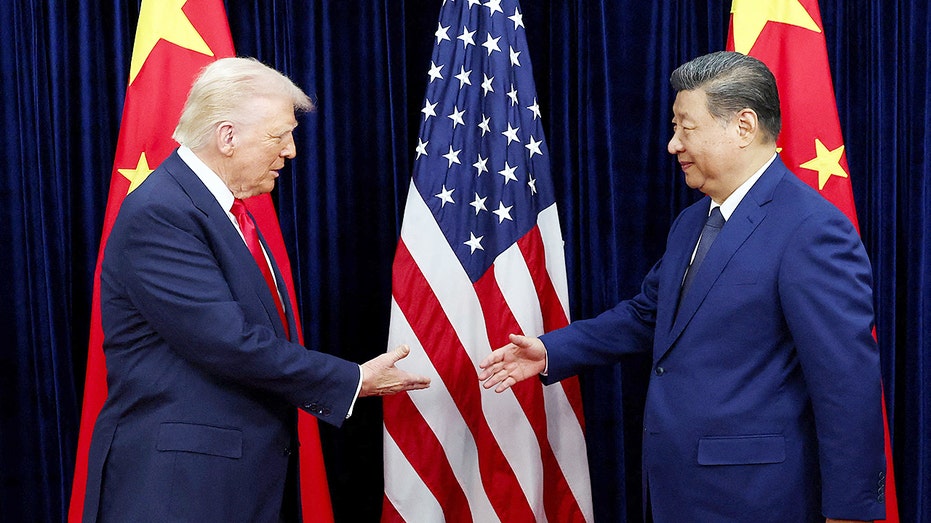A month ago, I walked the streets of Portland, Oregon, initially to report on the protests surrounding the ICE facility. But the true story wasn't the protests themselves; it was the pervasive sense of unraveling, the visible decay gripping the city’s core.
That same unsettling disorder is now casting a shadow over New York City. Four years ago, as Bill de Blasio’s tenure ended, the New York Post sent me to document the damage left behind in midtown Manhattan.
While 2021 New York wasn’t yet as far gone as Portland or San Francisco, it was undeniably deteriorating. The scenes were stark: individuals lying exposed on the concrete, small groups pooling money for illicit transactions, and a constant chorus of incoherent shouts echoing through the streets.
I remember one man, draped in flowing fabric, performing a disturbing, improvised dance amidst the chaotic traffic of Eighth Avenue, using a light pole as his stage. It was a spectacle of desperation and abandonment.
The city’s response at the time felt like inaction, a passive acceptance of the escalating chaos. Then, Mayor Eric Adams took office in 2022 and swiftly worked with the NYPD to address the situation.
The scent of marijuana still lingered, but the open-air drug markets, the cardboard scales and brazen transactions, began to disappear. Adams, a former police officer, understood the critical importance of addressing quality-of-life crimes.
He quietly implemented “Q Teams” – dedicated police units focused on tackling low-level offenses – recognizing that unchecked disorder breeds more serious problems. These were vital steps toward reclaiming the city.
Now, a new threat looms. Zohran Mamdani proposes dismantling these very efforts, replacing police responses with social workers and expanding the reach of organizations that, in practice, have enabled the conditions seen in Portland.
A recent post from a writer connected to prominent publications revealed a telling attitude. She openly admitted her support for Mamdani stemmed from a desire to provide for others, despite acknowledging his policies wouldn’t directly benefit her privileged life.
This mindset – a detached benevolence – is precisely what fueled Portland’s decline. It’s a comfortable position to advocate for change when you won’t personally experience the consequences. Brunch dates and Uber rides will continue uninterrupted.
The discomfort of witnessing addiction or human suffering becomes a minor inconvenience, easily ignored. It’s a reality easily shielded from children, but readily dismissed by those who don’t have to confront it directly.
De Blasio had already steered New York toward that precipice by 2021, transforming Times Square into a place parents hesitated to bring their children. Thankfully, voters rejected his policies and chose a different path.
It’s astonishing to consider New York potentially returning to those failed ideologies, even if Mamdani wins with less than a majority. While de Blasio required eight years to undo decades of progress, Mamdani appears poised to accelerate the damage.
Like Portland, New York’s wealthy residents – those who remain despite rising taxes – will likely be insulated. History demonstrates a consistent pattern: those who champion these ideologies rarely suffer the consequences themselves.
Portland’s downfall wasn’t caused by external forces; it was the result of a collective decision to abandon basic standards of order, to tolerate unchecked addiction and theft, and to allow small businesses to crumble. Sadly, New York appears ready to repeat those mistakes.
The city stands on the brink, and the future of Gotham may be about to become far more grim than anyone anticipates.
